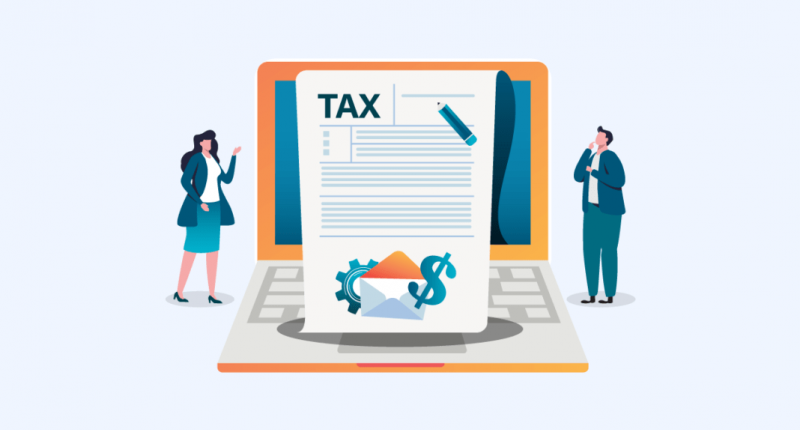The new tax regime is known to extend simplified tax slabs and reduced paperwork, but a taxpayer cannot claim various exemptions and deductions. However, there are a few that an individual can suitably claim in the new tax regime.
Here’s the lowdown on various exemptions and deductions offered under the new tax regime after the Union Budget 2023:
Standard deduction: The new tax regime provides a standard deduction of Rs 50,000 for salaried individuals. As per the new tax regime, a taxpayer can enjoy tax-exempt income up to Rs 7.5 lakh after applying the standard deduction and tax rebate. Family pensioners can also gain from this deduction—claim Rs 15,000 or 1/3rd (33.33%) of their pension, whichever is lower.
It’s crucial to note that pensioners will only be able to gain from the standard deduction benefit if their pension is taxable as salary income. However, in case an individual designates their pension as income from another source, they stand to be ineligible for the standard deduction benefit.
Deduction for employer’s national pension system (NPS) contribution: A taxpayer can claim a deduction for the employer’s contribution to the NPS account under Section 80CCD(2) of the Income-Tax Act (ITA), 1961.
Deduction for additional employee costs: Employees can claim a deduction for specific allowances provided by their employers under Section 80JJA of the ITA.
Family pension income: Pension received by family members in the eventuality of an employee’s death is exempt under Section 57(iia) of ITA.
Exemption on leave encashment: A taxpayer can claim a tax exemption of up to Rs 25 lakh on the leave encashment under Section 10(10AA) of the ITA, subject to certain conditions.
It is important to note that the new tax regime does not offer deductions under the following scenarios:
Chapter VI-A deductions: Investments in public provident fund (PPF), equity-linked savings scheme (ELSS), and Section 80D, which includes health insurance premiums, etc., are not available under the new tax regime.
House rent allowance (HRA), leave travel allowance (LTA), and other allowances. A taxpayer cannot claim exemptions for allowances such as HRA, LTA, and entertainment allowances under the new tax regime.
Interest on housing loans: Under the new tax regime, the deduction for interest paid on housing loans is not allowed on self-occupied or vacant properties under Section 24(b) of the ITA.
Limited applicability: The tax new regime is the default tax regime starting from the financial year (FY) 2023-24, but a taxpayer has the option to still choose the old regime while filing the income tax return or by declaring it to an employer.
A brief note on the new tax regime:
The government introduced the new tax regime as an alternative to the old tax regime beginning on April 1, 2020 onwards. However, during the Union Budget 2023, Finance Minister Nirmala Sitharaman stated that the new tax regime would become the default option for taxpayers who do not choose at the beginning of the fiscal year after three years.
The new tax regime was unveiled with adjusted tax brackets and lower tax rates. During the Budget speech for 2023-24, the finance minister maintained that the new income tax regime’s budget proposals would leave more money in people’s hands, allowing taxpayers to choose where to allocate their funds without government incentives or disincentives.
However, the government clarified that individuals opting for the new tax regime cannot claim various exemptions and deductions available only under the old tax regime, which includes HRA, LTA, 80C, 80D, and other such deductions.

Rajiv is an independent editorial consultant for the last decade. Prior to this, he worked as a full-time journalist associated with various prominent print media houses. In his spare time, he loves to paint on canvas.





